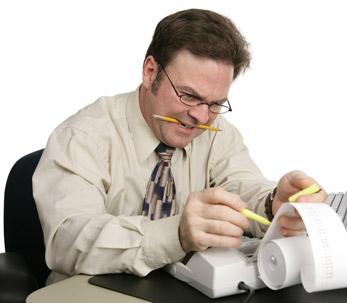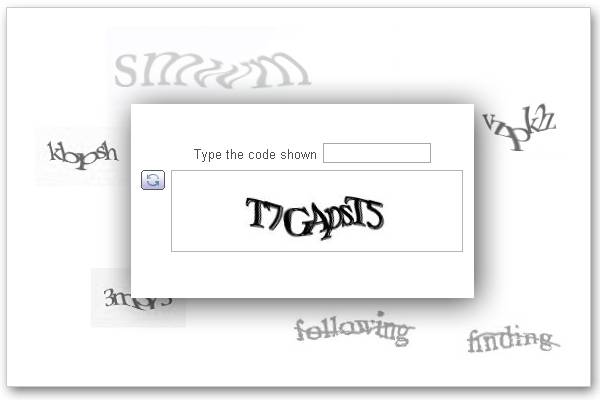Before answering that question, it is useful to clarify some of the false beliefs that exist in general on the responsibilities of employers. The first and most dangerous, that creating a Limited Company or a Public Limited Company protects one hundred percent of the entrepreneur's assets. Absolutely false. The second, that if we put personal property in the name of a relative, we "save" it from burning. Another big mistake that, in addition, can be considered a crime. And the third, that entering a bankruptcy makes any company a exquisite corpse. Although the statistics indicate otherwise, it is not true either. The contest, well presented and on time, protects and can give you room for maneuver to get out of a crisis.
THE LEGAL FORM
We all know that it is the individual entrepreneur who has the most difficulty separating his personal assets from the company. What does not seem so obvious is how the debts of a company can reach the assets of the entrepreneur. It depends on the type of company in question. “It is easier to find a space to seek the responsibility of the employer in an SLNE than in an SA. The first has been conceived as an instrument for the creation of companies by natural persons, which will be easier to reach if a creditor tries to apply transparency and collect their debts from the entrepreneur's assets ", explains José María Sánchez, lawyer and founding partner of the Legisconsulting firm.
But let's go to the note question: How do you get to the entrepreneur's personal assets if a company has debts? “By the principle of transparency. It is not an ordinary thing, but it can happen. In certain situations, the debts that correspond to the company are transferred to the partners. And it is more frequent than it seems in sole proprietorships and small companies in general, where the assets and personal activity of the employer are mixed with that of the company. A very typical example: the use of the company car for personal purposes or making personal payments with company means. With this type of practice, we risk that if the company has debts, the responsibility is not limited exclusively to the company ”, warns José María Sánchez.
THE DILEMMA OF THE ENTREPRENEUR
"The most common is that When an entrepreneur goes to the bank to request financing, it asks him to endorse the operation with his personal signature. If you accept, you are compromising all your present and future assets ", explains Carlos Pavón Neyra, from the law firm Iure Abogados. Without a doubt, this is the most defenseless situation for anyone who starts a business.
In this situation, some entrepreneurs pull down the middle road and put part of their assets in the name of relatives, usually your partner. A huge mistake that it does not “usually serve to prevent those assets from being considered part of the patrimony of the employer or society and that it may generate more problems if the judge considers that this change of ownership is an uprising of assets, which is a crime. In other words, the judge can determine that the person responsible for the debts is hiding part of his assets so as not to be liable for them when he has been declared insolvent, ”explains José María Sánchez.
PARTNER AND ADMINISTRATOR
Another common mistake is to confuse the responsibility of the company with that of each partner.“As a partner, you are not responsible for the debts of the company, only the administrator responds. He is in charge of ensuring that all legal obligations are met. If he does not do so, he responds with his goods ", explains Carlos Pavón. Among those obligations is clearly separating the assets of the company from the personnel, something that is often forgotten when the business owner also acts as a manager. And that means recording all payments, including the amount of your salary, if you make a monetary contribution to cover a debt ... Everything.
“Many entrepreneurs do not stipulate in the company statutes if they are going to receive a salary as administrators, and if they enter into a bankruptcy they may have problems because they can be considered unjustified payments. The judge can force him to return them to face the debts of the company, ”warns Pavón.
As administrator you are also obliged to file a bankruptcy in court (the old suspension of payments) within two months of the insolvency situation. If you do not meet this deadline, you will be liable for all the debts of the company also with your assets. An unnecessary risk, especially considering that when entering a bankruptcy situation you will have more facilities to clean up the company's accounts. Yes, you read that correctly (in Table 2 we explain it to you in detail).
Finally, the good news: with the recommendations of the experts who have advised this report, you can get a 90% security in the protection of your personal assets.
Fountain:
entrepreneurs.es
Pilar Alcazar














No Comment